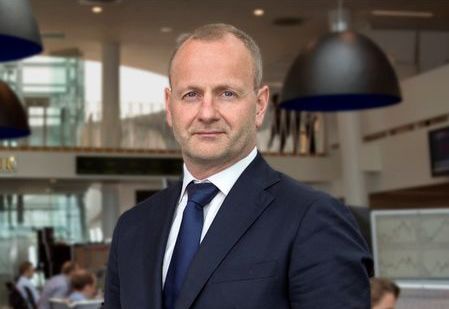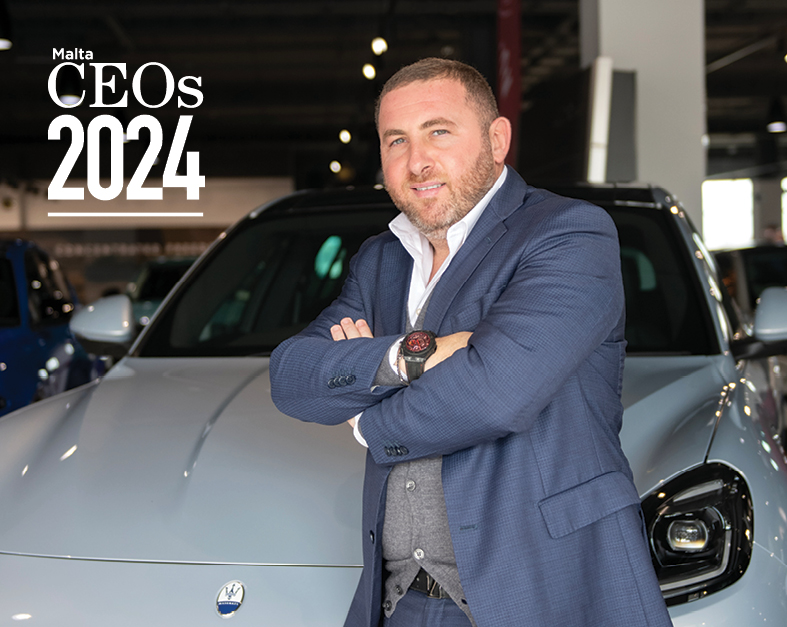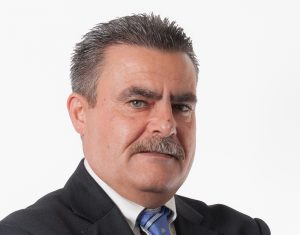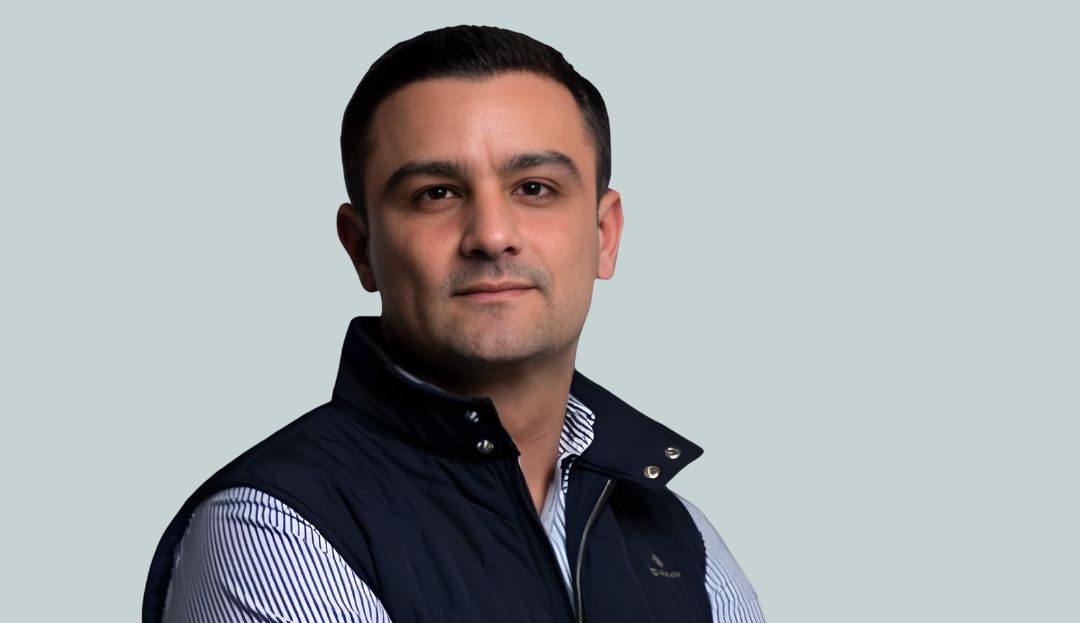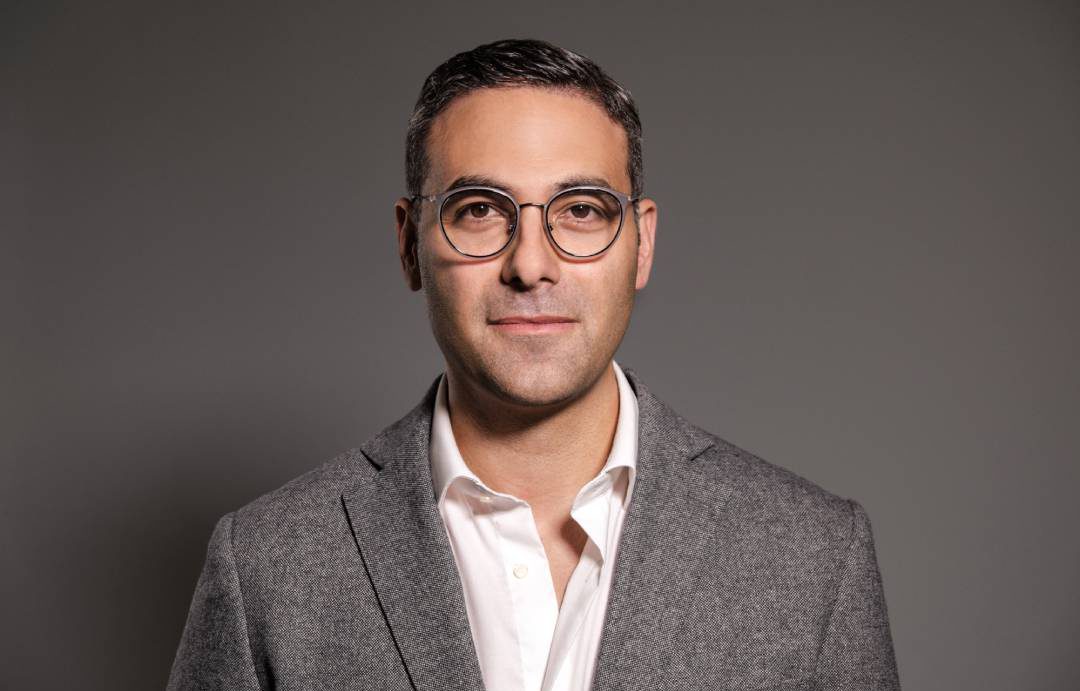Steen Jakobsen, the Chief Investment Officer and Chief Economist of Saxo Bank is optimistic about Malta’s prospects for economic recovery.
Speaking at a business webinar organised by the Malta Maritime Forum and Bank of Valletta with the support of Saxo Bank, which aimed to shed light on the immediate and medium-term world economic outlook, Mr Jakobsen explained how an intensive structural change in economic policy making is required, so that globally the main policy goals – inequality, employment centricity, green transformation and infrastructure investment – can be tackled.
The expert economist who is a regular guest host on CNBC and Bloomberg News underlined the main risk factors imposed on global economies as being fiscal dominance, rate sensitivity, inflation sensitivity and geopolitical risk.
Mr Jakobsen’s optimism about Malta mainly stems from his opinion that global tourism is on the verge of a strong rebound and, given Malta’s economic composition, this constitutes very positive news. “Just like it developed a well-established healthcare sector, the Maltese Government should focus on reaping major improvements in the energy sector to bring it to fruition and sustainability,” he said.
For the panel discussion, Mr Jakobsen was joined by Matthew Farrugia, Investment Analyst Wealth Management at BOV and Malta Maritime Forum representatives Stephen Xuereb, COO of Global Ports Holding and CEO of Valletta Cruise Port, and Thomas Sullivan, Commercial Director at Seatrans Shipping Ltd.
Focusing on the investment perspective with regards to changes within these industries, Matthew Farrugia stated that we are currently witnessing a global problem as investors are yielding relatively low-interest rates from investments posing a high level of risk. “From now onwards, investors will have to be a lot more adaptable in the way they allocate their funds, while also being vigilant for any unprecedented occurrences, hence establishing a ‘just-in-case’ mentality,” he said.
According to Stephen Xuereb, the cruise industry is set on a rapid growth with a direct contribution of around €83 million to the Maltese economy in 2019. While this generates huge opportunities for the industry, it can also pose significant environmental challenges. “At Malta Maritime Forum, we are implementing a sustainable strategy focused on reducing carbon emissions by 40 per cent in the next 10 years, as part of our long-term commitment to reduce our impact on climate change.”
Featured Image:
Steen Jakobsen / Alegra Capital
Luke Attard-Montalto joins AIMS International Malta as Associate Director
He is a seasoned recruitment and HR industry professional, having previously worked at a number of different local firms.
‘Excited about potential these new routes hold for leisure and business travellers’ – Universal Air CEO
The Malta-based airline launched its inaugural flight a few weeks ago, and has now added to its schedule through four ...
Izabela Banas to replace Radoslaw Ksiezopolski as MeDirect Bank Group CFO and Executive Director
Izabela Banas has previously occupied C-level positions at a number of reputable banks, including HSBC and BOV.
‘Despite strides toward gender equality in healthcare, obstacles persist’ – EBO CEO Gege Gatt
Recent UK surveys have found that 51% of females face obstacles in accessing healthcare, with 84% feeling they aren’t listened ...


